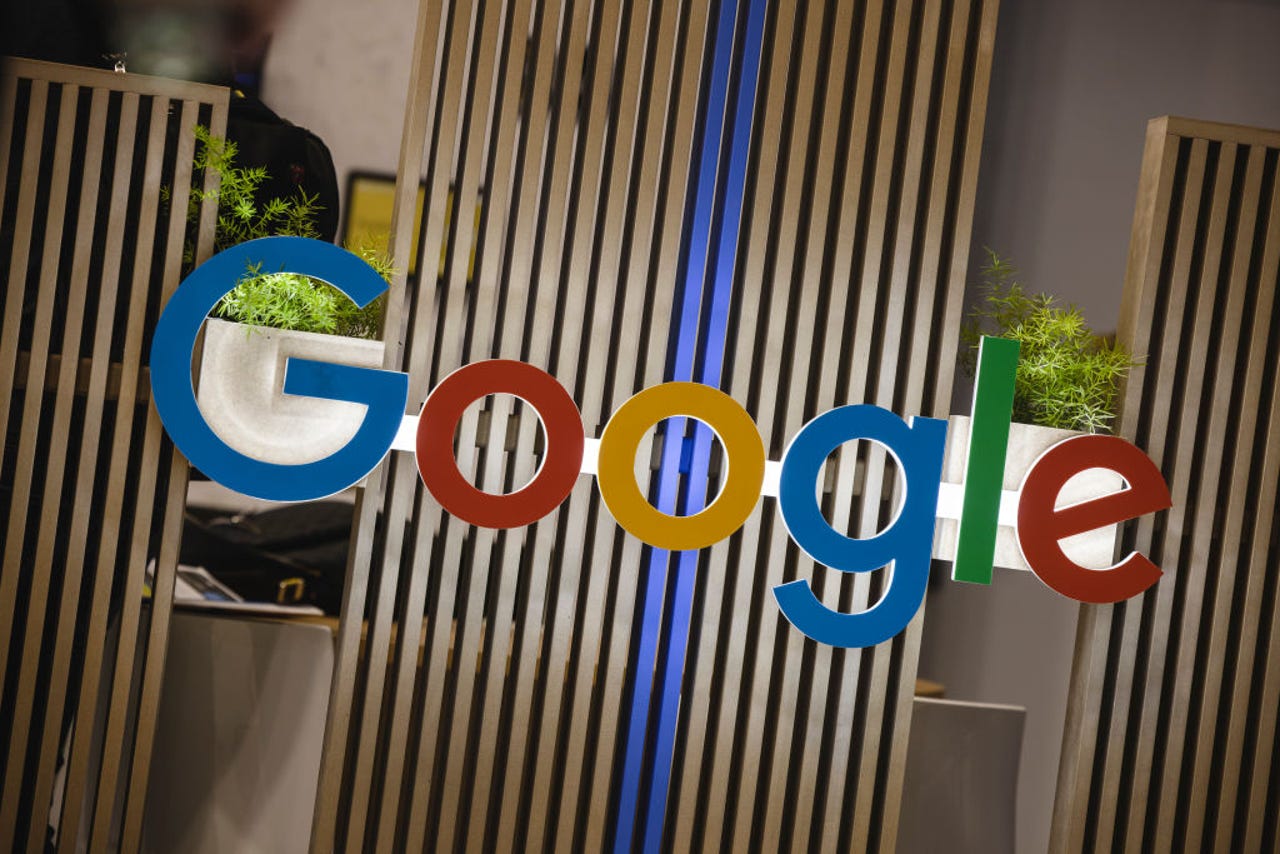Google is feeling the ChatGPT threat, and here's its response


As the world remains obsessed with ChatGPT, Google plans to offer the public access to its latest conversational AI and will next week reveal how AI will transform Search, Maps and other apps.
Google CEO Sundar Pichai told investors this week that the company will let people "interact directly" with its newest and most powerful language models as a "companion to search".
Also: ChatGPT or human text? Here's one surprising way to tell the difference
Artificial Intelligence
The company has reportedly been scrambling to put together a redesigned Search home page that includes multiple sections for back and forth questions between the user and a Google-made chatbot like ChatGPT, but combined with traditional search results.
Google now appears ready to show off what it's been working on, though it remains to be seen whether it's "Apprentice Bard", the chatbot its been reportedly testing internally that uses Google's own LaMDA conversational chatbot technology.
According to The Verge, Google has also sent media invites to an event on Wednesday, February 8 where it will explain how it's "using the power of AI to reimagine how people search for, explore and interact with information, making it more natural and intuitive than ever before to find what you need." The event will be streamed on YouTube at 8:30am ET.
The increased openness appears to reflect an effort at Google to remind the world that it has been at the forefront of AI research for the past decade and remains relevant as questions mount about ChatGPT's impact on Google's Search business. That's as Microsoft suddenly seems to have a wider opening with beyond the enterprise via its large stake in OpenAI.
Also: The best AI chatbots: ChatGPT and other fun alternatives to try
Despite Google's many AI breakthroughs in computer vision, large language models, and its vast body of research, most of it hasn't captured the public's attention the way OpenAI's ChatGPT and Dall-E have in a matter of weeks. Even the controversy about a Google engineer claiming Google's LAMDA was sentient didn't generate the interest ChatGPT has.
But as Meta's chief of AI Yan LeCun pointed out last week, ChatGPT is building upon on Google's Transformer technology -- a fact that few outside of AI research circles know or even care about.
Analysts at Swiss bank UBS estimated that ChatGPT has clocked 100 million active users in two months, making it the fastest growing app in history. TikTok took nine months to reach 100 million active users.
Google's event also refers to AI with respect to Google Lens, Translate, Shopping and Maps. Google of course might not discuss its latest and most powerful language models in relation to its core products.
But not doing so would be meek compared to recent bold statements by Microsoft chief, Satya Nadella, since investing in OpenAI and launching Azure OpenAI Services. Last week, Nadella told investors that Microsoft will put AI in all its products, whether it's productivity or consumer apps.
Microsoft this week announced its new Teams Premium Microsoft 365 add-on that GPT-3.5 will power the intelligent recap for meetings feature.
Microsoft-owned GitHub has already been using OpenAI's Codex models to generate coding suggestions for developers who pay for its Copilot subscription. Nadella said it was the first at-scale product using OpenAI's technology.